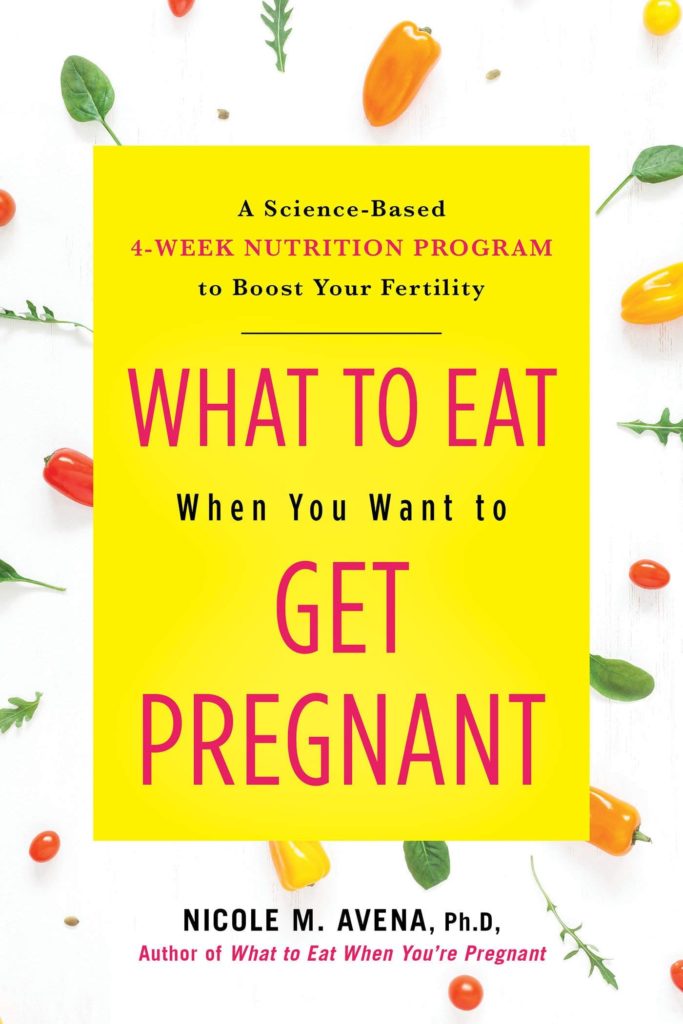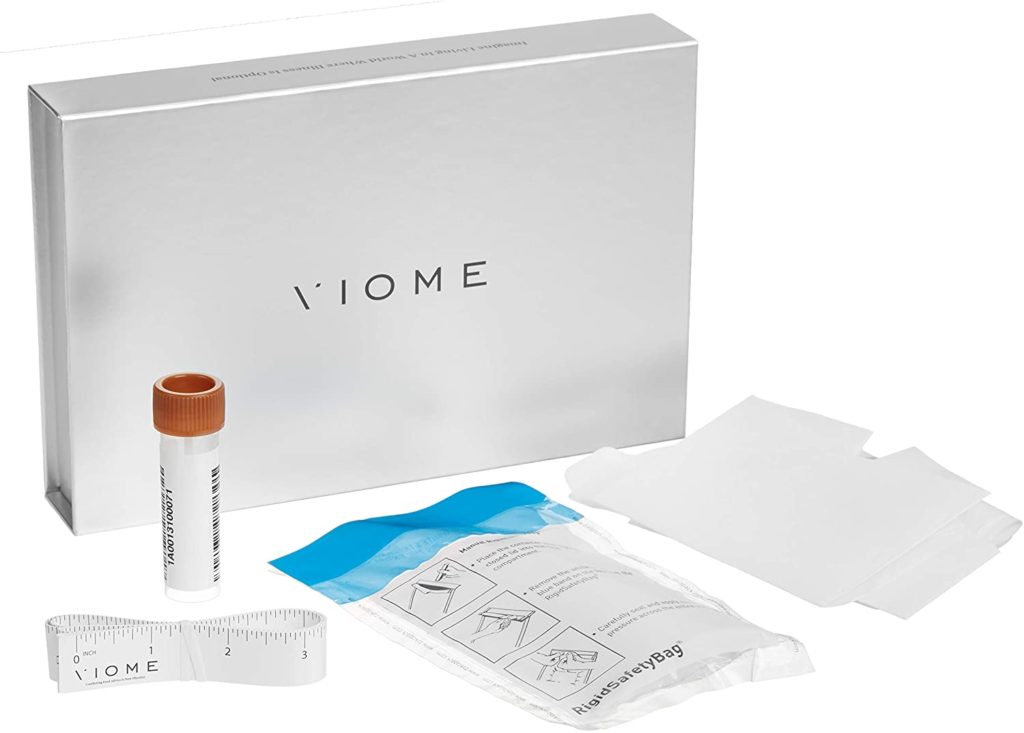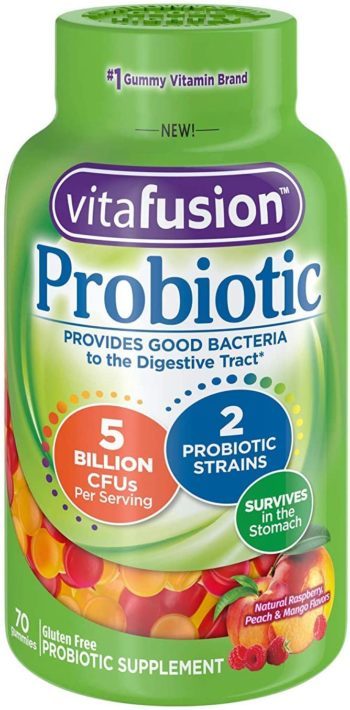Gut health is not a new topic — healthy bacteria vs. bad bacteria has been part of the mainstream wellness conversation for a while. Although you may not want to let your mind go too far into thinking about the microscopic organisms that thrive inside of your body as well as all over the surface of your skin, it’s happening.
And, yes, you already know that you should be aiming to keep the good kind in place and prevent bad bacteria from getting out of control (which is why you keep probiotic supplements on rotation and are mindful of eating a well-balanced diet).
However, your bacteria balance affects way more than you realize. Experts say that what’s going on in your gut can alter what you see on the scale, too. Read on to find out why and what you can do to optimize your microbiome when it comes to your weight.
First, what does the microbiome mean exactly?
“The human microbiome is the community of microbes, both helpful and potentially harmful, that live in our body,” explains Dr. Nicole Avena, a research neuroscientist and author of What To Eat When You Want to Get Pregnant. “It consists of trillions of microorganisms including bacteria, viruses and fungi.”
While the visualization of this is already difficult to wrap your head around — now add on the fact that they actually have a very clear all-encompassing purpose in your body and for your health. It’s like they’re your own personal do-your-body-good Minions. “These microbes live in our body and through a complex network of signaling, control several essential functions to maintain health,” says Brent Agin, MD, medical director of Priority You wellness center in Clearwater, Florida.
And their scope of work is big. According to Avena, “gut bacteria has not only been linked to our immune system, but research shows that the microbiome can influence depression, anxiety, and even heart health by interacting with the brain via molecules in the bloodstream,” she explains. But it’s a way more complex system than even that. “Your gut has its own nervous system, known as the enteric nervous system, that allows a direct connection to the brain,” she adds.
What is the microbiome and gut health connection?
Okay, so we know that microbiome are complex organisms that have an agenda when it comes to what is going on in your body. Now factor in that your digestive system is the epicenter of their universe and it’s precisely why keeping the balance in check there is so essential.
“The gut is the command center for the microbiome and contains the largest amounts of microbes,” says Agin. “A healthy gut is considered to be one that provides the right environment for good bacteria to thrive.” So, what is the “right” environment and how can it be created? Agin explains that “the foods you eat will determine this environment and can influence the way your body absorbs nutrients and defend against potentially dangerous organisms.”
What role do the microbiome play in weight loss and gain?
When it comes to tipping the scale, typically the focus is all on diet (i.e. fat and calories) and working out, right? We know that to lose weight, the caloric expenditure has to surpass the caloric intake. Therefore calorie counting and calorie burn are the longstanding equation to see results. But think about this: because your digestive system dictates how food and nutrients are absorbed, broken down and processed, gut health also matters — a lot.
“Microbiome determines how you break down the food you eat to make it available for absorption,” explains Agin. “If you don’t have the right balance of microbes, you can end up with malabsorption, which can lead to bloating, gas and bowel irregularities and if this is not corrected, it will lead to further imbalance, inflammation, digestive issues including weight fluctuations.”
Microbiome in the gut determines the synthesization and the way in which certain nutrients are metabolized. “Your microbiome helps synthesize vitamins, including the B vitamins and vitamin K, aids in digesting complex carbohydrates such as starches and fibers,” says Avena.
And there is science and studies that point to microbiomes playing a major role in weight. “Research shows that overweight and obese individuals have an imbalance in their microbiome and less diversity,” notes Avena. “Additionally, we’ve seen that fecal transplants in mice, which is when some of the microbiome of a healthy, lean mouse is transferred to an obese mouse, help obese mice lose weight.”
According to Avena, if you want to gauge where your microbiome balance stands, one science-backed at-home option is Viome Gut Microbiome Health Test. The kit is sent directly to your home. Next, you send a pea-sized amount of your stool back, answer a 20-minute in-depth health questionnaire and then wait for your results. “I don’t administer microbiome tests directly,” she says. “If people are interested in learning more about their gut health, the Viome test is very comprehensive and also offers suggestions on nutrition and supplements that might be helpful.”
How can microbiomes and gut health be optimized for weight loss?
First, keep up the good work with probiotic and prebiotic supplements, but make sure you’re getting them from food sources, too. “Eating a variety of probiotics and prebiotics helps to replenish the microbiome with ‘good bacteria’ as well as nourish existing bacteria,” says Avena.

Her top picks for probiotic sources include yogurt, kefir, miso, sauerkraut, tempeh, kimchi, kombucha and pickles. “Essentially fermented products that contain beneficial bacteria,” she explains. And when it comes to prebiotic sources, she recommends garlic, onion, chickpeas, lentils, watermelon, grapefruit, pomegranate, wheat bran, oats, barley, cashews and pistachios.
To supplement your diet, she suggests the daily probiotic gummy by Vitafusion as well as Sovereign Laboratories Colostrum LD powder, which also contains growth factors and amino acids to help support your immune health, too.
Agin agrees that diet is key to keeping your microbiome on point. “Your gut microbiome is very sensitive to change and highly impacted by the foods you eat — certain foods provide necessary nutrients for the microbiome to keep proper balance and prevent harmful microorganisms from overpopulating and creating inflammation and disease,” he explains. He recommends eating ample amounts of fruits and vegetables, which are rich in fiber and phytonutrients that nourish our healthy microbes but also using supplements to ensure your intake is optimized. “Nutritional supplements are no longer optional, but have become a requirement to support your body and be an important solution when seeking maximum health and wellness,” he says, adding he recommends MONAT Balance.
We only recommend products we have independently researched, tested, and loved. If you purchase a product found through our links, Sunday Edit may earn an affiliate commission.










